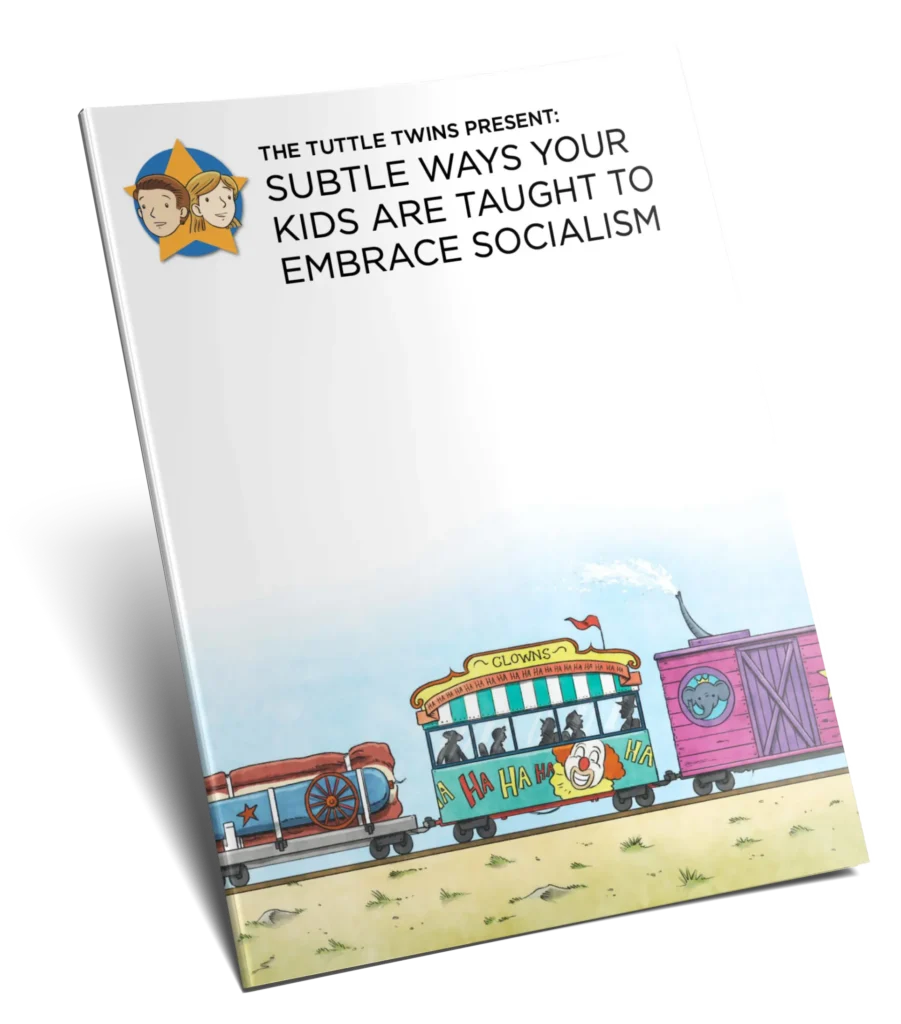
What happens when the people making decisions suffer no consequences if they’re wrong?
The term “Law of Unintended Consequences” is often used to describe the unexpected and unintended outcomes of actions taken by individuals, particularly those in government.
What Does the Law of Unintended Consequences Mean?
The law of unintended consequences refers to the idea that the actions of individuals in positions of power, often have effects that were not intended or anticipated. Economists and those familiar with social behaviors have long been aware of these unforeseen outcomes. However, politicians who are responsible for implementing laws and regulations rarely take these unintended consequences into consideration.
Why Don’t Politicians Consider Unintended Consequences?
The reason politicians rarely consider unintended consequences is because they are not personally invested in the venture or policy.
They have no personal connection that could affect them economically or socially, meaning that they are taking no risk. If a law or other legislation turns out to be detrimental to a certain segment of society or individual, it does not impact the politicians or affect them in any way. This lack of personal repercussions leads to a lack of accountability for their actions.
It’s no wonder that so many people who see this are critical of government programs, subsidies, and funding.
Private entities and individuals, on the other hand, take a much more cautious approach when it comes to considering unintended consequences. When a citizen or private entity embarks on anything that involves risking their own money or reputation, they research extensively to detect any possible unintended consequences and how they might handle such a problem. This is because they are personally invested in the venture, and are much more concerned with the unintended consequences and their future impact.
Real-World Examples of the Law of Unintended Consequences
The COVID-19 Pandemic
One example of the law of unintended consequences is the response to the COVID-19 pandemic. In an effort to “slow the spread,” the government decided to shut down the economy, schools, and businesses. They determined which jobs were deemed “essential” and which were not. The businesses that were allowed to stay open seemed to be chosen at random, leading to a ripple effect on the economy and mental health of the country. Many businesses that were supposedly closed temporarily never had the economic strength to reopen, leading to long-term personal and economic impacts.
Social Security
Another example of the law of unintended consequences is the Social Security program. In an attempt to alleviate poverty among seniors, the government created a program of savings funded by individuals and companies through taxes. However, the unintended consequence was that fewer people saved for their retirement because they knew they would have Social Security to rely on. This led to a decline in personal savings and a deficit in lending funds.
Minimum Wage Laws
Minimum wage laws are another example of unintended consequences. These laws have placed a strain on small business owners and led to a steep rise in consumer product prices, including food.
Bureaucratic City Planning
The flaws of bureaucratic city planning are also a prime example of unintended consequences. Corruption and special favors are prevalent in this world, and the construction of a new road may alleviate traffic problems but harm businesses that relied on customers using the old road.
Public Health Industry Post-COVID-19
In the public health industry, particularly in the aftermath of the COVID-19 pandemic, unintended consequences are becoming increasingly evident. These include blood clots, sudden death syndrome among young and healthy adults, increases in asthma cases, depression, and other mental health issues, as well as rising rates of obesity among children. The shutdown of manufacturing plants and interruptions in distribution chains such as trucking have resulted in shortages in grocery stores, causing further economic hardship.
War
Perhaps one of the most striking examples of unintended consequences of government action is war. Wars may be fought with the intention of keeping the country safe from a perceived threat, but they also bring about profits for the government. Wars result in widespread human suffering, death, and devastation, but the government is not personally impacted by these consequences, as they see war as an opportunity to increase their budget and to become more popular and electable.
The role of citizens in preventing unintended consequences
It is important for citizens to be vigilant and to question the actions of the government. 
We have a right to know where our money is being spent and to hold our politicians accountable for their actions. We can do this by researching the bills and programs being pushed by the government and finding out who will be most affected by their outcomes. We can also read books that provide insight into economics and government overreach, such as The Road To Serfdom by Nobel prize-winning economist Friedrich Hayek, which provides a detailed analysis of how central planning and government intervention in the economy can lead to a loss of freedom and eventually to serfdom.
Hayek’s ideas were highly influential in the development of classical liberal and libertarian thought, and his book remains relevant today, especially in the context of debates about the role of government in the economy and the balance between individual freedom and state control.
For a more accessible and educational approach to these complex topics, The Tuttle Twins and the Road to Surfdom is a great option, especially for children. This book is based on Hayek’s The Road to Serfdom and presents the same fundamental ideas in a simple and entertaining way. It teaches kids (and parents) about the unintended consequences of central planning and the failures of government intervention in the economy.
If you’re looking for a fun and educational way to learn about these important topics, The Tuttle Twins and the Road to Surfdom is definitely worth checking out.
Get yours now, and start teaching your kids about the law of unintended consequences!

